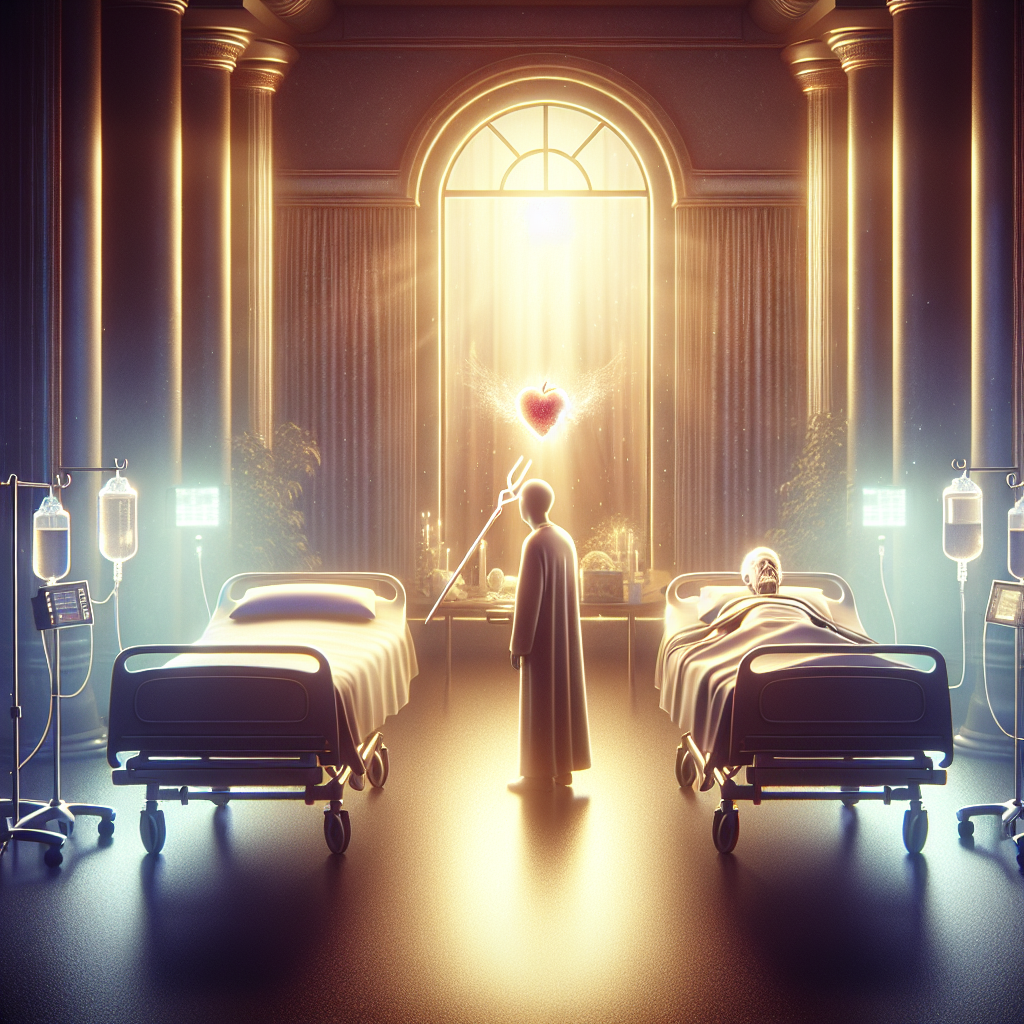The Department of Health has launched a campaign to encourage citizens to sign up as organ and tissue donors, aiming to improve or save lives, particularly for those suffering from life-threatening diseases or organ failures.
Organ donation involves the removal of organs such as the heart, lungs, liver, and kidneys from a donor to be transplanted into individuals in need. According to the department, one donor has the potential to save up to seven lives and transform over 50 others. Tissue donation, on the other hand, includes the transfer of tissues like skin, corneas, and bone.
Currently, over 2,500 people are on the waiting list for organ and tissue donations, with some unfortunately dying before receiving a life-saving transplant. The department highlighted a critical shortage of donors, partly due to a lack of awareness among the public.
August has been designated as Organ and Tissue Donation Awareness Month, in collaboration with various non-governmental organizations, to educate and encourage more people to consider donating.
Eligibility for donation starts at age 18, and donors do not receive financial compensation. Certain medical conditions may require individuals to wait or be in good health before donating. Notably, individuals can donate organs like a kidney or a liver lobe and continue to lead a healthy life, as some organs, such as the liver, regenerate over time.
It is important to note that selling or trading human organs or tissues is illegal and contributes to human trafficking.
Organ transplants occur in both government and private hospitals after an individual has been declared either brain dead or circulatory dead but remains on artificial life support. Tissue donation can happen hours or even days after death, with consent from the deceased’s loved ones.
For those interested in becoming donors, information and assistance are available at public and private hospitals, or through the Organ Donor Foundation at 0800 22 66 11 and www.odf.org.za. Additionally, individuals can reach out to the SA Bone Marrow Registry at 021 447 8630 or the Centre for Tissue Engineering at Tshwane University of Technology at 012 349 3500, and visit www.tissuedonation.org.za for more details.











